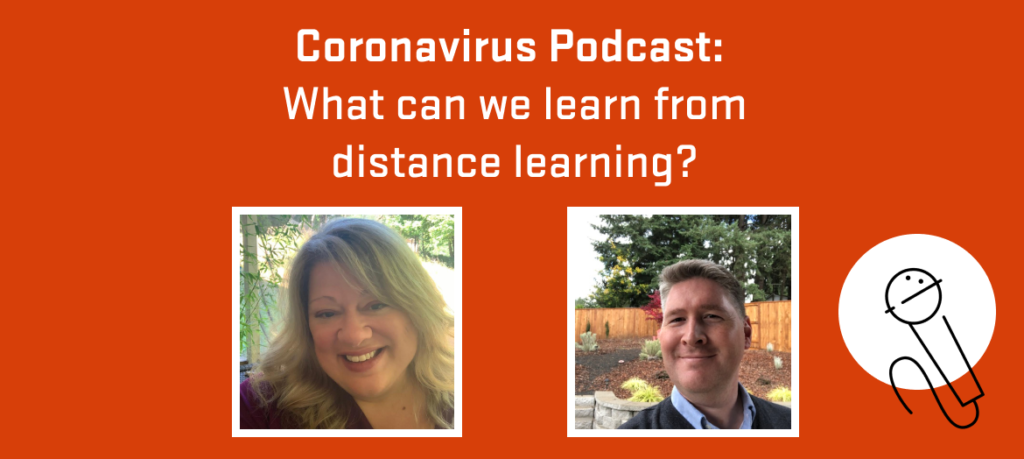Gloria Crisp’s Award-Winning Research Helps Develop the Best in Others

Gloria Crisp grew up in Houston, Texas, with parents who told their daughter in no uncertain terms that she would go to college. But it had to be a community college, she said, and Gloria had to get a scholarship to attend.
“So I did just that: I found a community college that gave me a scholarship – for dance, because I was a dancer,” says Crisp. “I didn’t even consider any other options, because I didn’t have any mentors helping me.”
Although her mother had never gone to college, she was her daughter’s primary mentor as Crisp embarked on her higher-education journey. Crisp attended several different community colleges around Houston, selecting class times that fit her work schedule as she juggled multiple jobs to pay for college.
Crisp earned a bachelor’s degree in business, assuming she would open a dance studio. Later, thinking maybe she wanted to be a school psychologist, she obtained a master’s in psychology. Ultimately, Crisp completed a doctorate in educational leadership and has been a professor of education for 14 years, the last five at Oregon State University, where she is chair of the Adult and Higher Education programs.
It wasn’t until Crisp was well into graduate school, however, that she became interested in learning about the value of mentors – people who could help illuminate the complex path through academia and career choices.
“Like most community college students and first-generation students, I really struggled to find my way, to find the resources and survive in the academy,” she says.
This lack of mentorship is why Crisp’s research has focused on the impact of mentorship on undergraduate student success.
She developed a mentor survey, the College Student Mentoring Scale, which is used at institutions worldwide to evaluate the effectiveness of mentoring programs. Her research shows that mentoring matters for student success, and students need more than just a single mentor.
Students need different kinds of support, including emotional and psychological support, Crisp says. For some faculty mentors, this might not be their strength, so it is critical that students have access to staff and peer mentors, as well.
Her research has also shown that mentorship needs change over time. What is critical as a freshman transitioning into college is different from what’s needed as a senior prepares to transition out of college and into a career.
Crisp describes ideal mentoring as “fluid and complex” with multiple individuals at multiple points in time providing different types of support that add up to success.
“It’s a mentoring network, really, that students need,” she says. “It’s messy and complicated, but that’s why I like studying mentoring.”
Crisp has published 40+ academic papers, a book about mentoring, and has a new book forthcoming this year. She was instrumental in Oregon State’s Beaver Connect mentoring program winning the 2020 Northwest Commission on Colleges and Universities (NWCCU) Beacon Award for Excellence in Student Achievement and Success.
Crisp was recently honored with the Association for the Study of Higher Education (ASHE) Award for Mentoring. “It’s really an honor to receive that award, because it says you’re contributing to the development of researchers and scholars in your field,” she says. “And that’s really my passion, what I deeply care about: developing the best in my colleagues and students.”









